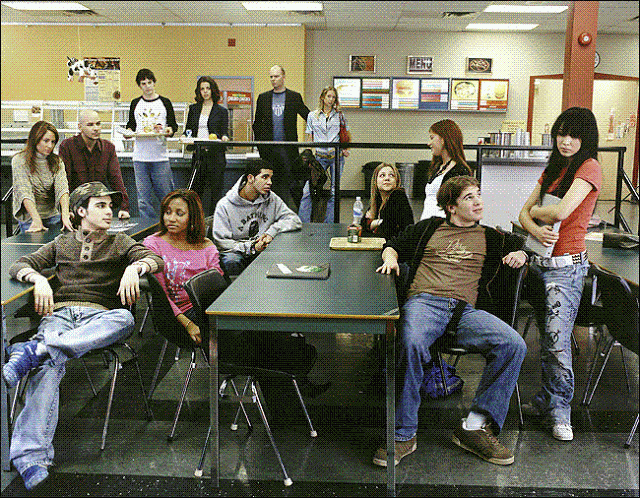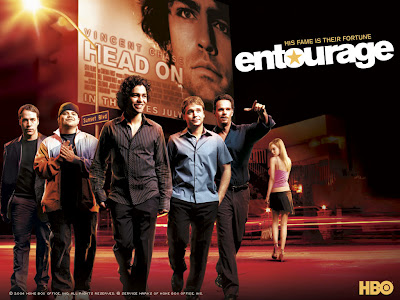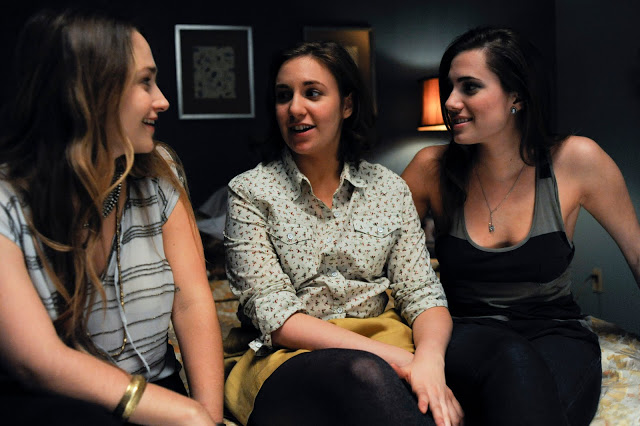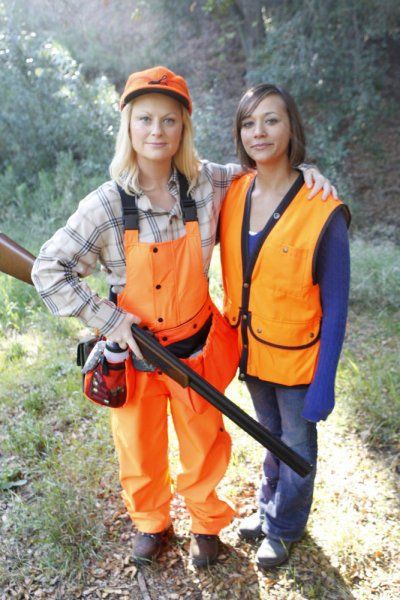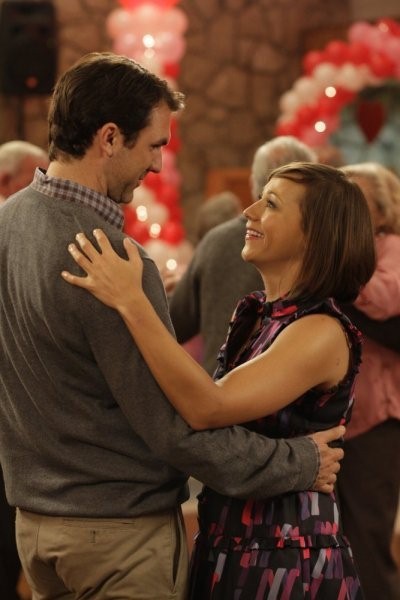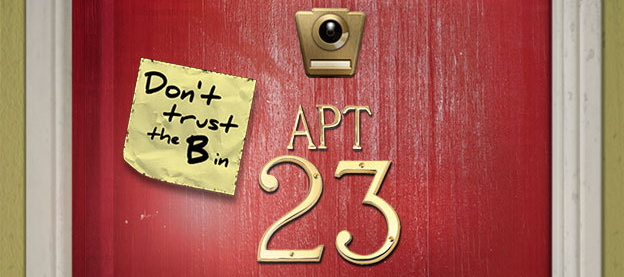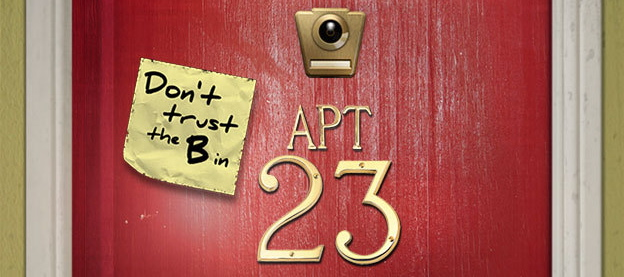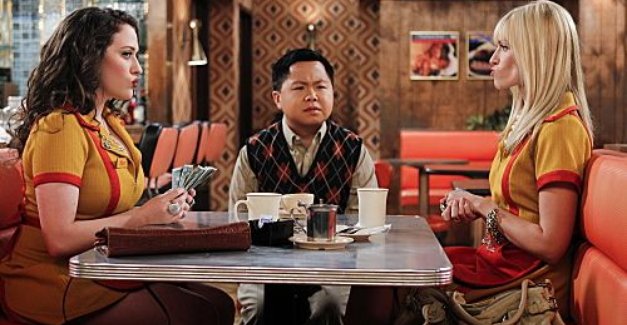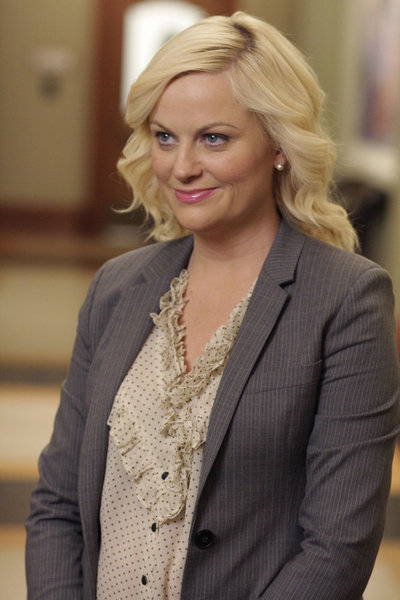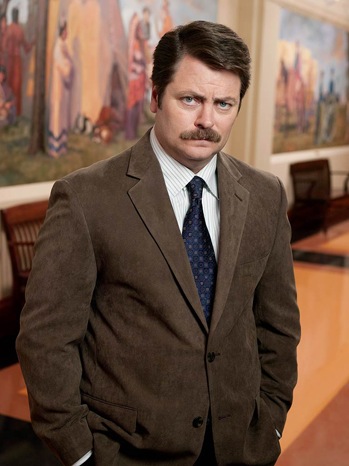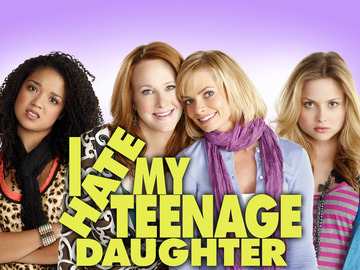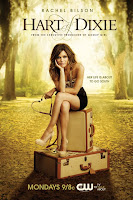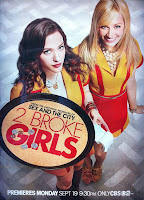This is a guest post by Lee Skallerup Bessette.
I realized very quickly however that there would be a number of challenges in writing about these episodes (Spike’s pregnancy in Degrassi Junior High, Erica’s abortion in Degrassi High, and Manny’s abortion in Degrassi: TNG): untangling my emotional connection to the show and dealing with the different history of abortion and reproductive rights in Canada. While a co-production with WGBH (the Boston PBS affiliate), this show was about as Canadian you could get in terms of its look and attitude toward all of the issues dealt with.
(For an excellent analysis of how Degrassi has become less Canadian, read Amy Whipple’s insightful post.)
In 1987, when 14-year-old Spike was having sex with her boyfriend at a party, the Supreme Court of Canada was getting ready to rule that the current laws limiting access to abortion (a panel of three doctors needed to approve the procedure in a hospital setting) were unconstitutional. This was brought before the court by Dr. Henry Morgentaler, who had been brazenly flaunting the law since 1973 in Quebec. Dr. Mongentaler had been unsuccessfully brought to trial three times in Quebec; the juries in each case had been unwilling to convict, leading the government to declare the law unenforceable. The CBC has an excellent digital archive of news footage and interviews of Morgentaler and his cases in the courts.
In 1989, when 16-year-old Erica was getting an abortion because of a fling at summer camp, Chantal Daigle was fighting for the right to terminate her pregnancy against the wishes of the father. Once again, this case originated in Quebec and made national headlines. The case was expedited all the way to the Supreme Court of Canada, who ruleD in Daigle’s favor. Daigle had already obtained a late-term abortion in the United States when the ruling was handed down. It was seen as a victory for women’s reproductive rights in Canada. Although there were a number of attempts, there are currently no laws in Canada governing abortion.
I vaguely remember, as an 11 and 12 year old, the Chantal Daigle case, but I have absolutely no memory of the Morgentaler case. It’s notable that both these cases originated in Quebec, in particular the unwillingness of three Quebec juries to convict. After the tyranny of the Catholic Church ruling over the province for approximately 150 years, the 1950s, with the Quiet Revolution, and the 1960s, with everything that came along with that, saw the outright rejection of any and all Catholic religious influences. Including their disapproval of abortions. As a result, I grew up in an environment that while not embracing abortion, at the very least it was treated as being not a very big deal.
(It should also be noted that the period when Morgentaler was being brought before the courts in Quebec, the Separatist movement was gaining popularity, and thus there may have also been some residual resentment towards the federal government leading to the refusal to convict.)
I know this, so far, has read like a long history lesson cribbed for Wikipedia; it is. But it’s important to contextualize the culture in which these shows were being produced and in my case, consumed. For instance, I didn’t understand why Erica, when visiting the abortion clinic, was aggressively confronted by pro-life demonstrators, waving a plastic fetus at her (go to the 4:30 mark). This was more common in the rest of Canada, as compared to Quebec. But these types of protests outside of abortion clinics were common, even in Canada.
Notably, it’s Erica’s twin sister Heather who is scarred by the ordeal, and she has nightmares about the protests. But it is also Heather who stands beside her sister, as well as stands up for her sister when Erica receives threats from a pro-life student at Degrassi. What’s interesting is that the storyline isn’t wrapped up at the end of the two-part premiere (the abortion was one of the main storylines for the premiere episodes of the “new” Degrassi High series); it continues on across the entire first-half of the season, in the same way Spike’s decision to keep baby Emma is dealt with throughout the show’s run. The arguments are nuanced and the kids are treated with respect. The pro-life side is seen as being the destructive force, bullying, scaring, and shaming, while Spike puts it best: “It’s great to have high ideals and stuff, but when you’re in that situation, right and wrong, they can get really complicated.”
Fast-forward to 2004. Degrassi: The Next Generation (or TNG) has been airing on CTV in Canada and The N (originally Nick Teen) in the United States for three and a half seasons. The new iteration of the show started with Spike’s daughter Emma starting junior high herself. Emma’s best friend Manny, midway through season 3, who is trying to change her image from good girl to party girl, gets pregnant. She, too, struggles with what to do, eventually opting to get an abortion. Emma, at first, doesn’t approve of the decision, being the child of young, single mother herself. Spike once again offers wise council, telling Manny to do what is best for her. This upsets not only Emma, but also Craig, the father. Ultimately, Manny (who is identified as Filipino) goes to her mother and is surprised to receive her support, even taking Manny to get the abortion.
This was another two-part episode and it initially didn’t air in the United States. 2004 was during the height of the so-called Culture War in the US, while Canada still maintained a more open and liberal position on abortions. The article linked just above points out that, unlike most shows about teens that were airing at the time, Degrassi: TNG had the courage to take abortion seriously and handle it realistically; neither Manny nor Erica conveniently lose the baby, thus avoiding the reality of having to get an abortion. In both cases, the rights of the mother are given priority; even the women around them who may disagree with their decision ultimately defend the right to choose. And, as pointed out by Sarah, a blogger at Feminists for Choice, each girl goes on to have rich and varied (if, at times, melodramatic) storylines; Manny eventually lives her dream of becoming an actress, while we see Erica briefly during Degrassi: TNG looking happy and fulfilled (and notably not at all in distress when holding someone else’s baby).
So what, then, can we learn from this particularly Canadian perspective on abortion? Certainly, the idea of a woman’s right to choose is forefront in each portrayal, but it doesn’t trivialize the decision, either. The characters are shown dealing with the aftermath of the abortions, but not in a sensational way, either. In fact, it is often those around them who have the most difficulty with a profoundly personal decision. The bullying and shaming methods often used by the pro-life movement are shown as being ultimately counter-productive, both in the late 1980s and in the mid-2000s. Abortion, however, is just one decision in the long and full lives of these young girls, who are shown to go on and have relatively happy and fulfilled lives.
For that, I am glad that Canada has the history it has in regards to abortion, so that we may have these complex and ultimately, to my mind, satisfying portrayals of women’s reproductive rights.
———-
